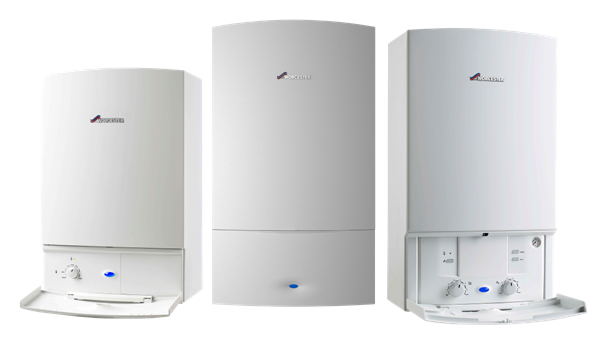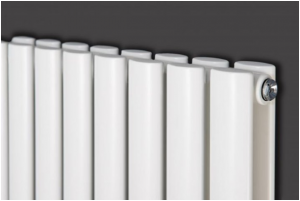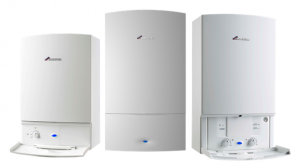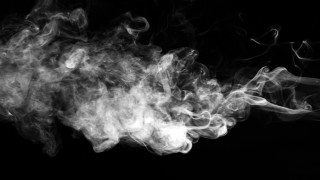Not sure what’s going on with your radiators? Only know that once they were warm and now, they’re giving you the cold shoulder? Here are some handy pointers:
Not Warming Up
The first thing to do is check your thermostat is on. It should be ideally between 15 and 20 degrees. If then, the radiators still don’t warm up, check the programmer to make sure that both the hot water and central heating are switched on. If you know absolutely that the system is receiving electricity, then the heating fuse might have blown.
Still no joy? Next step is to check the diverter valve that controls the flow of your hot water and is located next to the boiler. Turn it off and then back on again.
The issue could then be with the pump which pushes hot water down the flow pipe to the radiators and taps around the home. Switch it off and see if there are any problems such as a mechanical fault or blockage.
A pump can sometimes play up as a result of air becoming trapped. Look for a little nut on the pump that you can turn to release any trapped air. When water starts to come out, close it again. Turn the pump back on to see if the problem has eased.
Radiator warm only at the bottom
This is a very common problem and relatively straightforward to sort out. If your radiator is only warm at the bottom, it needs bleeding. Turn the pump off to prevent air getting into the system and put a bucket under the corner of the radiator you will be bleeding. You’ll need a radiator key to turn the square brass nut on the top corner of the unit. Turn the nut until you hear the air coming out. When water starts to drip, close the valve again and check it later for leaks. Perhaps you’ve decided on new radiators for your home. For column radiators, visit Apollo Radiators.
Radiator warm only at the top
This could be a build-up of sludge that needs to be flushed out of the system. If a system flush doesn’t solve the issue, you might have a broken pump or a blocked pipe.
Boiler making odd noises
This is also known as ‘kettling’. Turning off the boiler so you can see if the strange sounds are caused by trapped air. If this seems to be the case, find the air bleed screw and let excess air out. If this doesn’t solve the problem, your system might need flushing, or the pressure might need adjusting.
Loss of pressure
Check the boiler’s gauge to see the pressure level. There are many reasons for a loss of pressure and it could happen after bleeding column radiators, or from a water leak. If you’ve had plumbing work done recently, your system might need a top up of water. Remember to always consult your manual and if in doubt, it’s always best to call a professional engineer.





